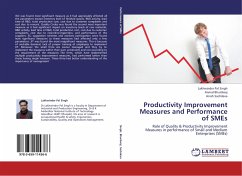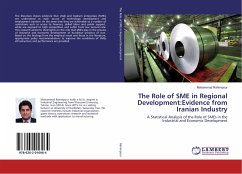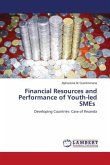SMEs are of great importance to the Kenyan economy as they provide the much needed employment opportunities to a big number of its population. Besides SMEs form the base towards industrialization through growth and diversification of the enterprises over time. They take part in the wealth creation which ultimately raises the standard of living of the urban community. They also contribute to the Kenya's Gross Domestic Product thus boosting economic growth. However, despite the potential role of SMEs to accelerated growth and job creation in developing countries, studies have indicated that SME development, growth and profitability is hampered by a number of varied factors, including lack of adequate financing, lack of managerial skills, equipment and technology, regulatory issues, access to international markets, inadequate education and skills, poor infrastructure and scanty markets information. Although a number of researches have dwelt considerably on factors that contribute tosuccess or failure of SMEs in general, none has focused on the exclusive socio-economic determiners of performance of SMEs in Gilgil town of Nakuru County in Kenya, a gap that this study sought to fill.








